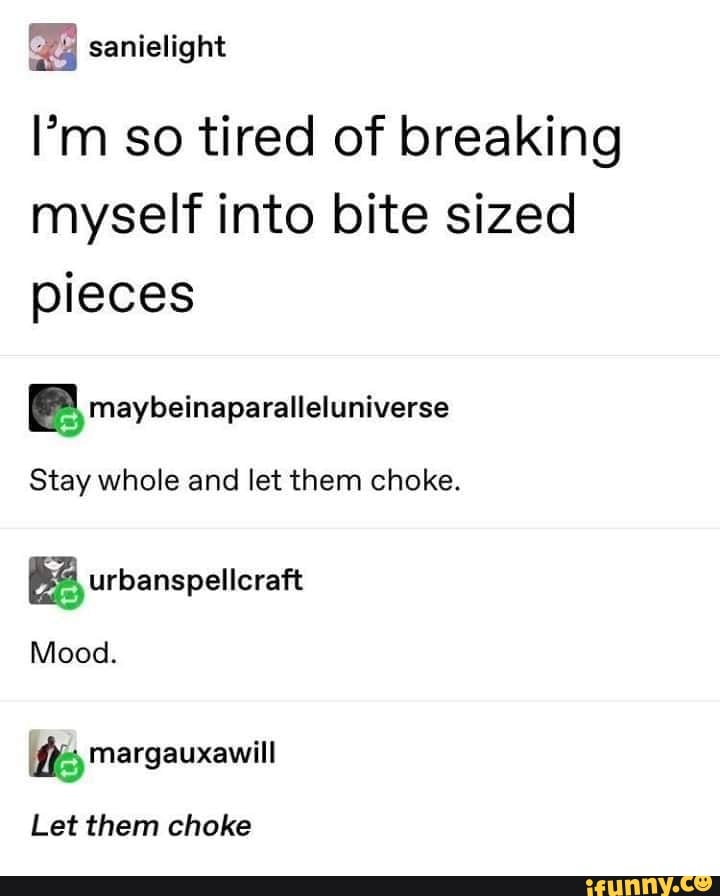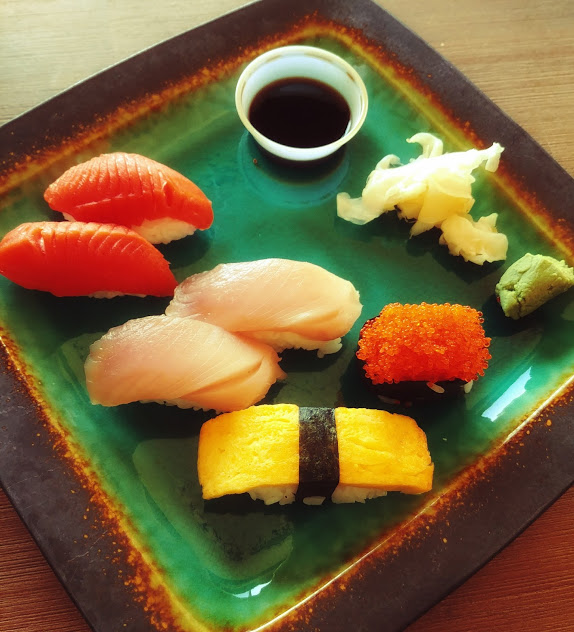Note: This was originally published on March 30, 2020
I have a confession. My confession is that there are many ways that this self-isolation situation is having the exact opposite effect on me compared to many others. I have reduced anxiety about certain areas of my life, I am enjoying my workouts even more, my house is staying cleaner, and I feel like my body is being allowed to figure out its own rhythms right now. I don’t share this to be insensitive, because I am fully aware that things are bad, they’re going to get worse, and we’re all going to suffer in various ways (and that so many people are already suffering hugely).
I’m going to share some personal things and I want to be clear that my feelings might come across as insensitive but, in fact, I am deeply sensitive to the fact that my feelings are not like *most* people’s right now. People are feeling a lot of things in the midst of the panic and uncertainty surrounding Covid-19. All of those feelings, and many others, are valid responses. In fact, all emotions are valid, and I’m going to ask you to remember that as you continue reading this.
In the midst of people’s anxiety, now that I am able to work from home (therefore, reducing my exposure to large numbers of people) and practice clear physical distancing during the infrequent times that I have to leave for groceries or a prescription for me or someone in my family, I am incredibly calm. This is maybe the most calm I’ve been in 20 years. Maybe longer. Maybe ever.
Let me be clear that my emotions still fluctuate. For example, sometimes I’m angry as all get out. I’m sick of people ignoring physical distancing rules, and people’s conspiracy theories about the media, and people being so completely selfish that they’re perfectly fine with putting others at risk. I’m downright pissed off, but my anger is mostly on behalf of others like our essential services workers and aging populations that we are putting at risk when we ignore science and common sense.
The calm is real, though, and is underlying everything. I know what this is, and I know that it’s partially a trauma response. I’m calm in a crisis. It’s in my training (I’m trained as both a social worker and an educator), it’s in my work experiences, and it’s in my personal experiences. You have to be calm in a crisis. To fall apart can put me or someone else in danger, and as someone who has been a facilitator and/or teacher for years, I am responsible for the room. It’s my job to stay calm for everyone. I’ve experienced plenty of my own trauma and I’ve also spent many years listening to and holding space for other people’s trauma. Remaining calm is the only option, but there is more to it than that.
I have anxiety. Over the years, it’s ranged from very mild to very severe, with more of it being on the mild end of the spectrum, and I’m lucky for that. In fact, for a long time, I didn’t recognise my anxiety for what it was. I thought it was drive and ambition. I’m always reaching for the next goal. Some people call this “destination happiness” as though it’s an official diagnosis in the DSM-V (it’s not), but for many of us that does not accurately describe our feelings and experiences at all. I’m happy where I am. I’ve been genuinely happy for years. But I’ve been living with a sense of urgency forever. It’s driven me to earn degrees, make moves that were good for my family, be a home owner from a young age, invest early, save, pick big goals and then reach them over and over again. Those things have been useful, and given me a lot of direction and purpose but, also, it’s been fucking exhausting.
For the first time in my life, all of the usual planning and questioning that goes on in my head (Where will I be in five years? Should we sell our house and move into a condo in the next two years? My current work position ends after this year—will I manage to find a job at the same institution or will I have to find something else yet again? Will my children ever be able to afford to move out in this economy? Will my auto-immune issues allow me to work until a reasonable retirement age? Am I investing/saving enough? Am I living my life the way I want to while I still have relative health?) doesn’t matter at all. Covid-19 is a game changer. It’s a horrible, terrible, unfortunate game changer. This situation has removed the possibility of me making any decisions right now, other than the decision to physically distance from people, help others when I can, and wash my hands constantly.
I can choose to be calm, and I am fully aware of the luxury in that. So many people are struggling. Some people don’t have nice homes to hunker down in, or food in the cupboards, or healthy relationships with the people that they have to self-isolate with. Every single day I know that I live with privilege, so please do not mistake my sense of calm for a lack of empathy, because I care very much about the safety and health of others. But I can’t help but feel these fluttery wings of relief in my chest that tell me it’s okay to just exist right now. I don’t have to grind. I don’t have to try to excel. I just have to be.
I don’t know how else to say this except to say that my body has been in crisis mode nearly every day of my life for the last few decades. Some people are in major crisis mode right now. Some of us have been living with that for a long time, and I hate that anyone has to experience the fight-or-flight feeling in situations where it isn’t necessary or helpful. It’s hard, and I wish everyone was feeling healthy and safe right now and always.
I see memes going around that say things like “Check on your extroverted friends. We’re not okay right now.” and I get it, and I’m definitely checking in with my people but, the thing is, when this is over and things go back to something resembling *normal*, THAT is when some of us will be less okay and most of the world does not accommodate those feelings or the people that feel them. I’m not asking you to check in with your introverted friends when this is over because that’s the last thing we want (hahaha) but, seriously, please try to be more patient and understanding about what it’s like to be introverted and/or have anxiety. What you are feeling right now might be close to what someone feels about existing in the regular world on a daily basis.
If you’re feeling calm right now, too, it’s okay. It is okay not to feel guilty or weird for having a response that is outside of the *norm*. Our experiences are just as valid and important, even if they’re not as well documented or as widely shared.


